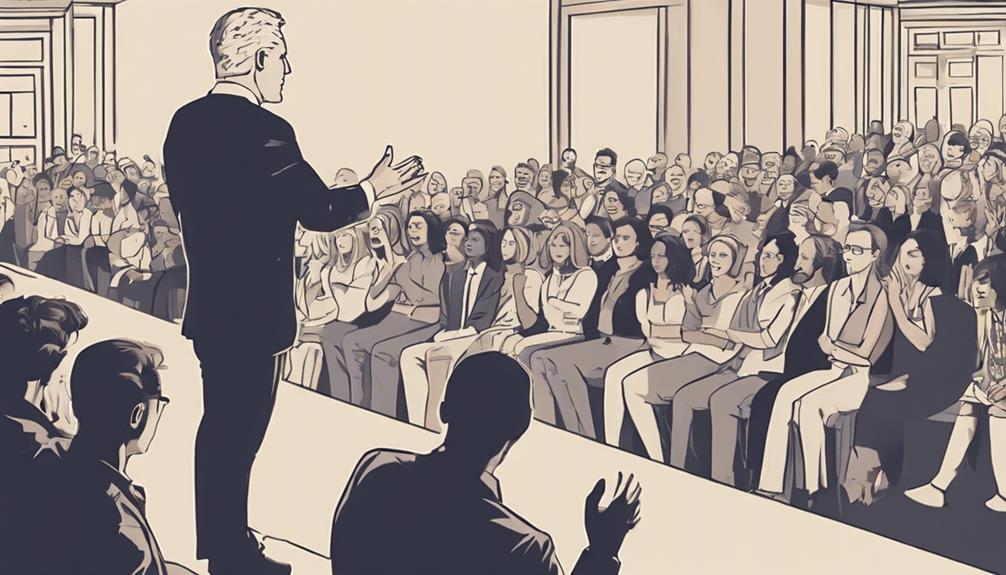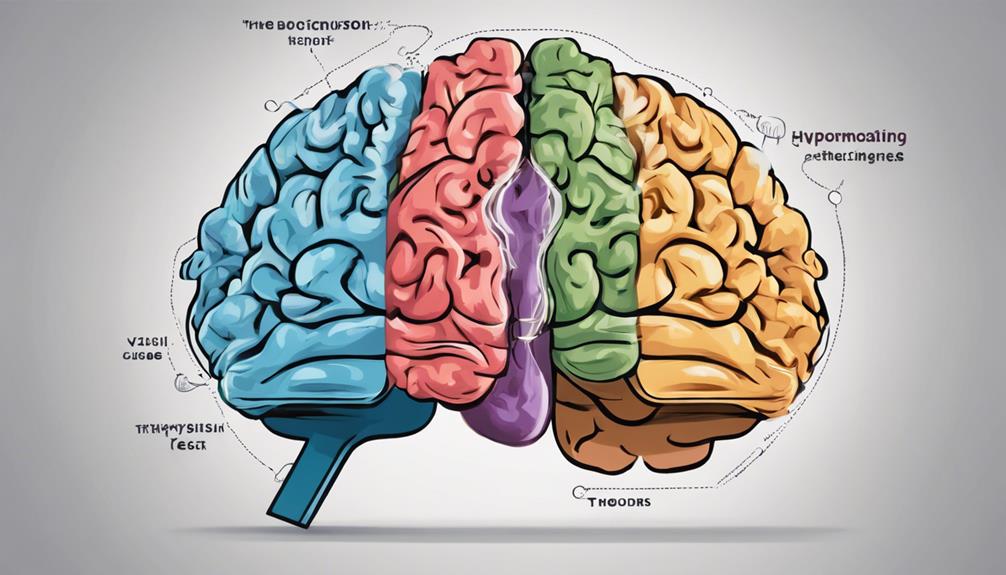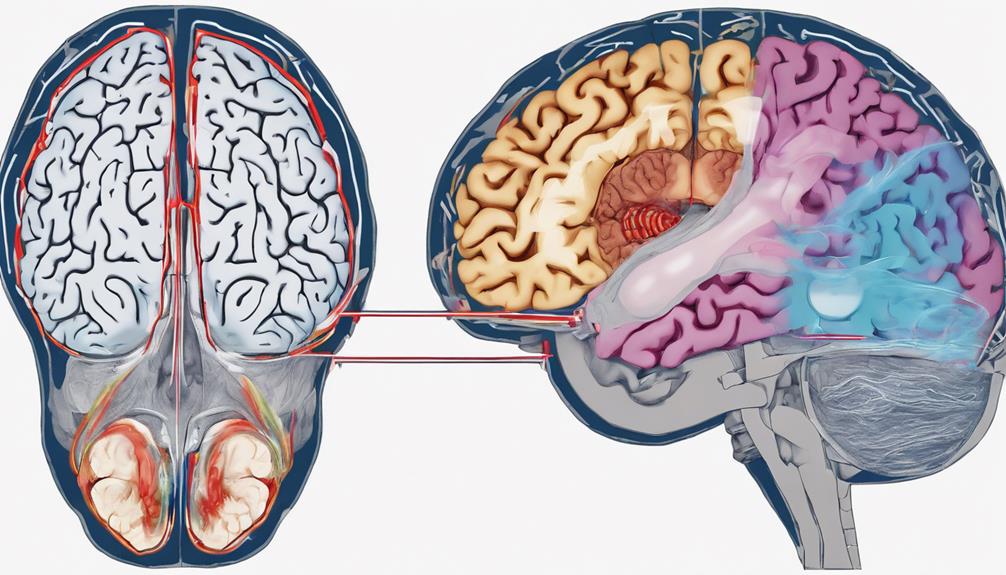
by Jane | Aug 14, 2024 | Theoretical Hypnosis Foundations
Applying social-cognitive theories to hypnosis techniques reveals the significant impact of self-efficacy, observational learning, social modeling, cognitive reappraisal, self-regulation, and vicarious experiences on hypnotic responses....

by Jane | Oct 11, 2023 | Theoretical Hypnosis Foundations
Utilizing social-cognitive theories in hypnosis provides a structured approach to understanding beliefs, social influences, self-efficacy, observational learning, and cognitive factors. Beliefs greatly shape responses to hypnotic suggestions, while...

by Jane | Aug 4, 2022 | Theoretical Hypnosis Foundations
Cognitive theories deeply influence hypnosis by integrating Cognitive Behavioral Therapy techniques to enhance therapeutic outcomes. Beliefs and expectations shape responses to hypnosis, closely linked to placebo effects. Language and suggestion techniques impact...

by Jane | Jun 10, 2022 | Theoretical Hypnosis Foundations
Cognitive theories shape hypnosis outcomes through influencing expectations, beliefs, scripts, behavioral strategies, cognitive control, and restructuring techniques. These theories highlight the significance of cognitive processes in enhancing...

by Jane | Apr 3, 2022 | Theoretical Hypnosis Foundations
To maximize hypnotic suggestibility in hypnosis practice, it is essential to delve into the historical roots, understand the impact of expectations, consider personality traits, explore neuroscientific insights, and employ effective techniques....

by Jane | Aug 27, 2021 | Theoretical Hypnosis Foundations
Neuroscientific research on hypnosis reveals valuable insights: 1) Brain activity shows increased synchronization, particularly in the limbic system tied to emotional processing. 2) Prefrontal cortex involvement in cognitive control during hypnotic...








